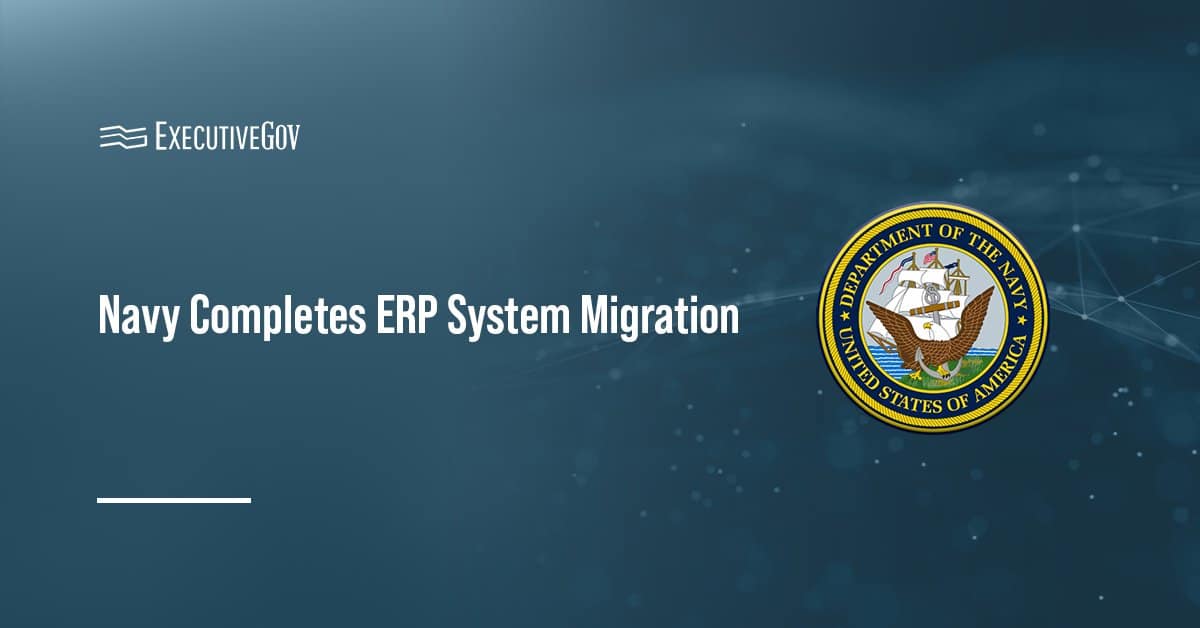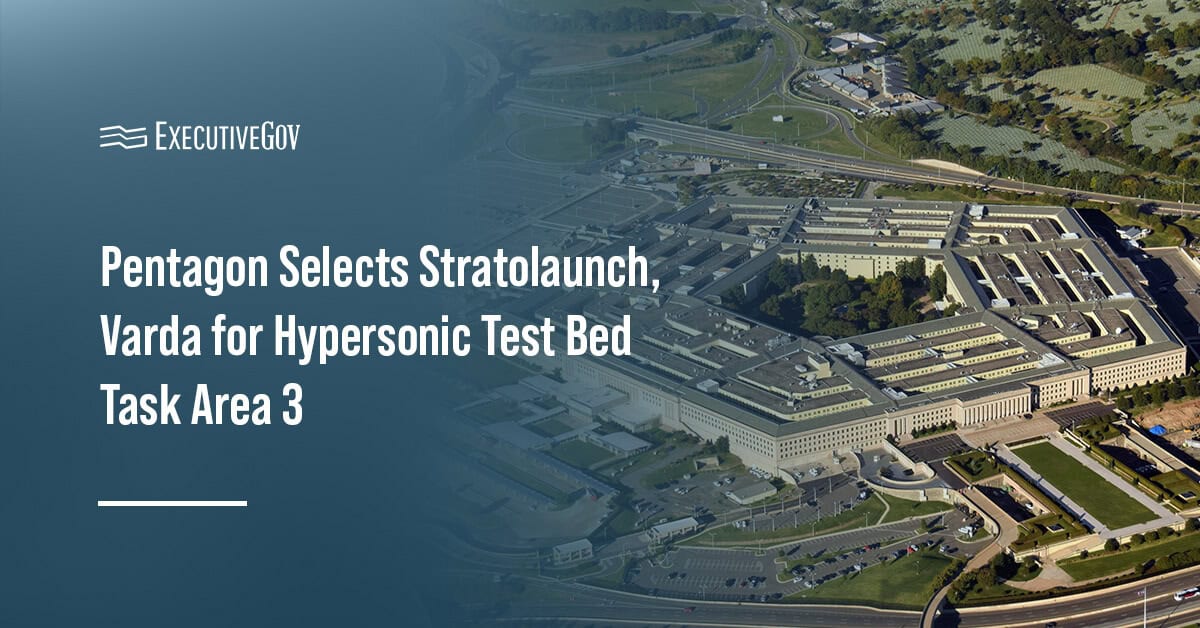NASA has decided to renew and continue funding a Houston Texas-based research institute that focuses on technologies that maintain astronaut health.
The Translational Research Institute for Space Health (TRISH) will receive funds worth $134.6 million between 2022 and 2028 for its continued operation, Baylor College of Medicine (BCM) said Tuesday.
BCM leads the TRISH consortium with the help of Massachusetts Institute of Technology and California Institute of Technology. TRISH partners with NASA’s Human Research Program to address issues that challenge human performance in deep space.
“We are proud to be NASA’s partner in its human space exploration mission and to be supporting the research necessary to create new frontiers in health care that will benefit all humans.” said Dorit Donoviel, director of TRISH.
NASA's decision to renew TRISH follows the institute's successful program review in December 2020.





